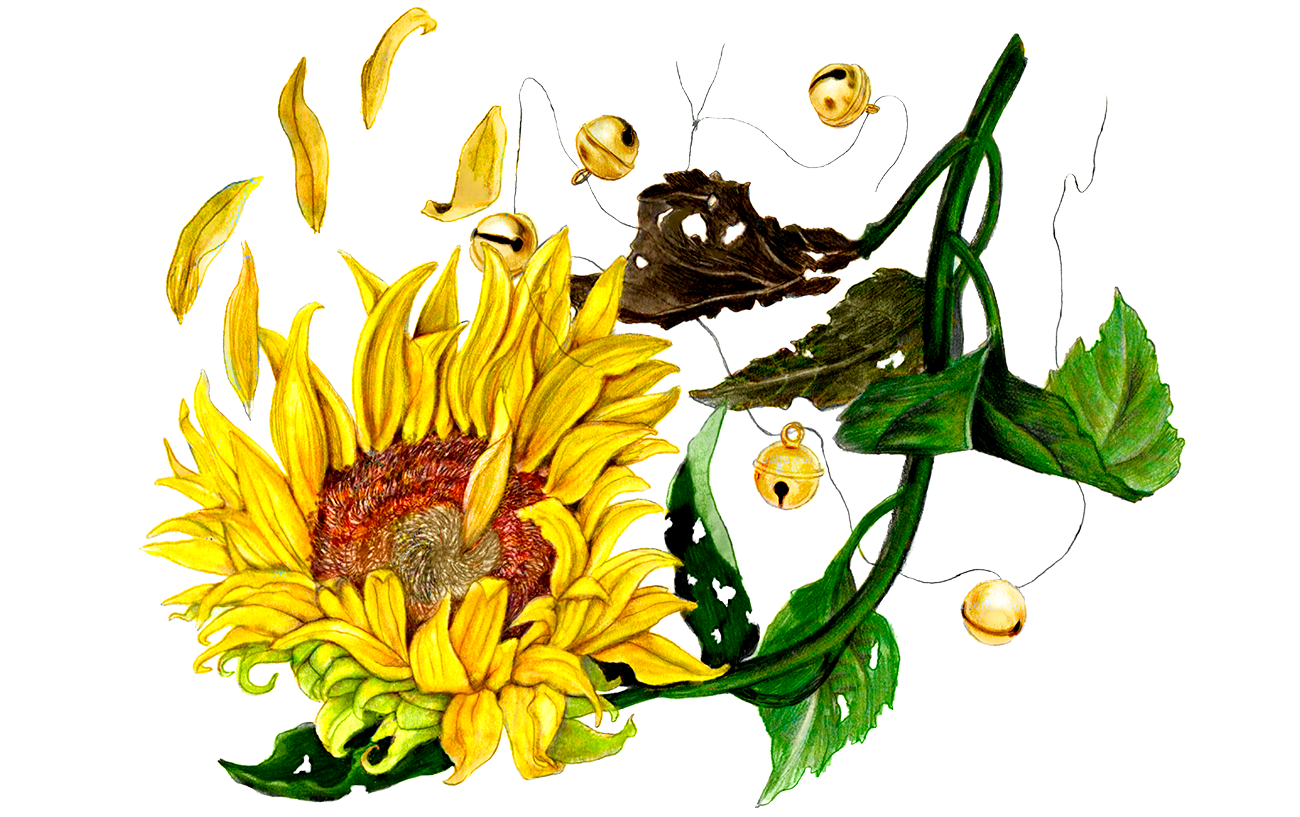
Beyond Home: Losing Our Terrain
Text Irina Poleshchuk Image Pauliina Mäkelä
The events of the last four weeks have shown that our feeling of being at home is not just a fragile existential feeling. Instead, it is a rooted life experience which can be easily ignored, degraded, and even destroyed forever. French philosopher Emmanuel Levinas describes being at home (in French chez soi) as an enjoyment, that is as a basic grounded modus of the subject who enjoys living at home. Being at home also means to bathe in the essence of this world and continuously refilling space and places without intention and without purpose. Being at home includes being with yourself, shaping the self, making a version of the self by bringing in the meanings, tastes, forms and colours of the environment. This being at home gives richness and plenty to our subjectivity, defining the locus of its dwelling and, at the same time, inviting others to share this joy of living. Being at home and creating home provide the essential conditions for constituting our cultural and social places as an optimal zone for comportment and its intersubjective dimension. Whether we are experiencing pleasure or suffering, desire or need, we need, above all, grounding. Being at home is a primary existential description of what is mine and what the ego experiences as separation, what is one’s homeland and what is the territory of others. Dwelling at home is a practice of richness and satiety created by each individual.
‘‘The horror of the war brings an irreversible loss of communal and personal terrains, of our being rooted in a familiar milieu. ’’
In phenomenology, being at home stands close to the description of terrain. However, terrain is not what a person creates or to which they can adapt. Terrain differs from the concept of ground, which expresses our feeling of being rooted. Terrain is something we are familiar with before any conscious perception and before naming and organizing the place. We all have experiences of familiar places engraved in our bones. This experience is merged into us before we are aware of it. This experience is beyond any feeling of being at home. It becomes a milieu we depend on to give us energy, enjoyment and life force. It is pre-reflective and pre-given. Terrain can be described as a unique privileged environment and it is not just one among others. We actually carry our terrains in our embodiment, in our ways of thinking, in our perception, in our ways of behaving, and in our everyday practices. Each of us has their own unique terrain, something that cannot be relocated to a new home. It is beyond the physical enjoyment of being at home, because it is different from physical location and material housing. We can escape, change location, and move to another country because of destroyed homes and cities but our terrains cannot be relocated so easily. The horror of the war brings an irreversible loss of communal and personal terrains, of our being rooted in a familiar milieu.
The war moves people from one place to another, but moving to another cultural and social environment does not necessarily imply smooth integration into a new normality. Without terrain nothing can be normal again. Even when relocated to a safe place, the same tree, the same walls of the house, the same blanket can never be that which belonged to the terrain before. In this sense our affective body is always attached to the terrain: our original sensibility is based on the existence of terrain, and originates from our bathing in the essence of this world. War not only questions normatively defined territories, it severs the connection to our true selves. And even if we are to find new houses and new experiences of being at home (chez soi), we will never again have our intimate terrains. Of these only shadowy memories linger in our souls.


Leave a Reply